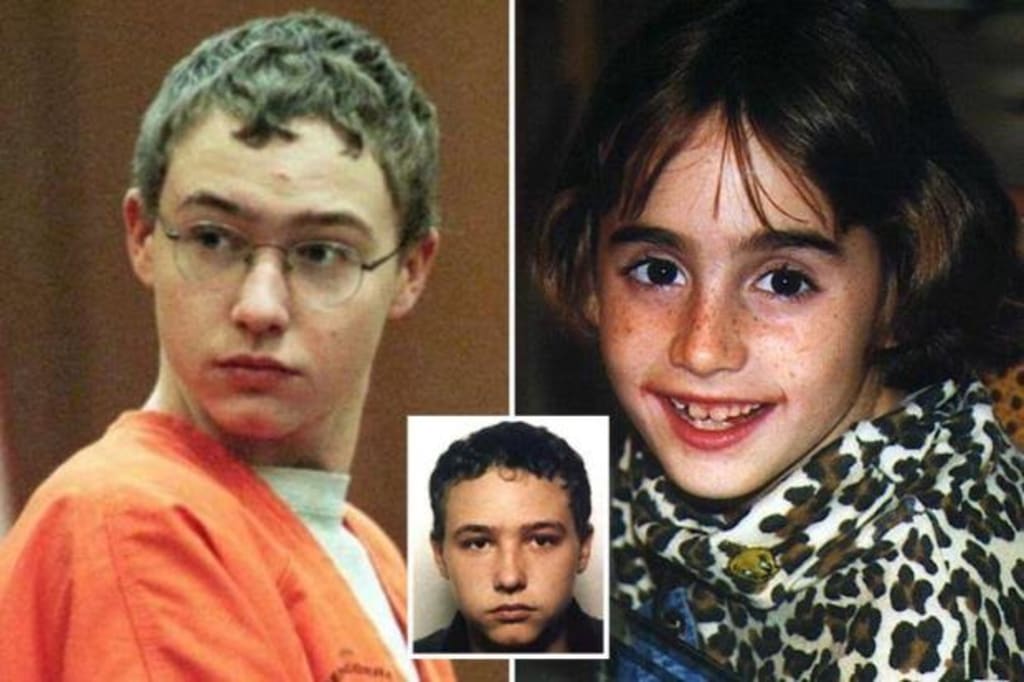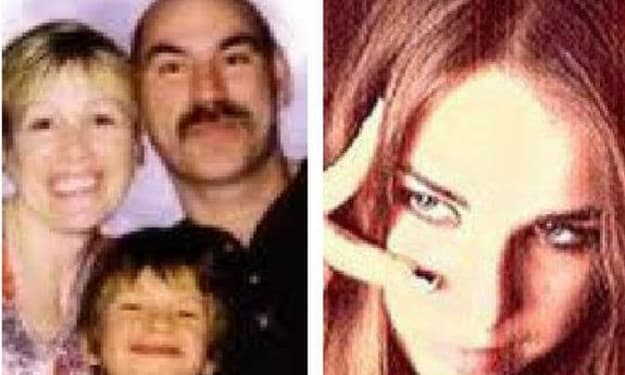The Tragic Crime of Joshua Phillips: A Dark Day in Florida's History
Joshua Phillips, a 14-year-old from Florida, shocked the nation in 1998 when he murdered his 8-year-old neighbor, Maddie Clifton. His trial sparked debates on juvenile justice reform, and he was sentenced to life in prison without parole. The case highlighted the complexities of dealing with young offenders who commit serious crimes. Despite legal challenges, Joshua's conviction remained, serving as a reminder of the tragic consequences of such violent acts committed by juveniles.

Joshua Phillips is an American man who gained notoriety for a gruesome crime he committed in 1998. Born on March 17, 1984, in Jacksonville, Florida, he grew up in a seemingly ordinary middle-class family. However, tragedy struck when he was just 14 years old, leading him down a dark and violent path.
On November 3, 1998, Joshua Phillips committed a heinous act that shocked the nation. He murdered his 8-year-old neighbor, Maddie Clifton, who had been reported missing a week prior to the discovery of her body. The incident sent shockwaves through the local community and sparked widespread media attention.
The investigation into Maddie's disappearance initially focused on her neighbors, including Joshua. Despite police searches, Maddie's whereabouts remained unknown until her lifeless body was found hidden beneath Joshua's waterbed in his bedroom. The discovery sent shock and horror throughout the community.
Joshua's trial began in February 1999, and the prosecution presented a disturbing account of the crime. They alleged that on the day of the murder, Joshua and Maddie had been playing together in his room. An argument ensued, and in a fit of rage, Joshua struck Maddie with a baseball bat. Panicking, he hid her body under his waterbed to conceal the crime.
During the trial, Joshua's defense team attempted to portray him as a troubled youth who had experienced a difficult childhood, hoping to elicit sympathy from the jury. They argued that his actions were unintentional and stemmed from fear of the consequences he would face.
The trial received intense media coverage, and public opinion was divided between those seeking justice for the innocent victim and others advocating for rehabilitation for the young perpetrator. In the end, Joshua Phillips was convicted of first-degree murder and sentenced to life in prison without the possibility of parole. Due to his age at the time of the crime, he could not receive the death penalty under Supreme Court rulings prohibiting the execution of juveniles.
In the years following the trial, various legal challenges and appeals were filed on Joshua's behalf, arguing that his sentence was unconstitutional due to his age at the time of the crime. However, these efforts were unsuccessful, and Joshua remained incarcerated.
The case of Joshua Phillips had a profound impact on the legal system and raised questions about the appropriate punishment for juvenile offenders. It sparked debates regarding juvenile justice reform, aiming to strike a balance between holding young offenders accountable for their actions while considering their cognitive and emotional development.
As time passed, the tragic incident gradually faded from the headlines, but the memory of Maddie Clifton and the horror of her murder remained in the hearts of her loved ones and the community. Meanwhile, Joshua continued to serve his life sentence, grappling with the consequences of his actions.
In summary, Joshua Phillips was a young man from Florida who committed a shocking crime in 1998 by killing his 8-year-old neighbor, Maddie Clifton. His actions led to a highly publicized trial that resulted in a conviction for first-degree murder. Joshua's case brought attention to the complex issues surrounding juvenile justice and the appropriate punishment for young offenders who commit serious crimes. While the case received widespread media coverage, the tragedy remained a devastating event for the victim's family and the local community. Joshua's life sentence without the possibility of parole serves as a reminder of the grave consequences of such violent acts committed by juveniles.





Comments
There are no comments for this story
Be the first to respond and start the conversation.